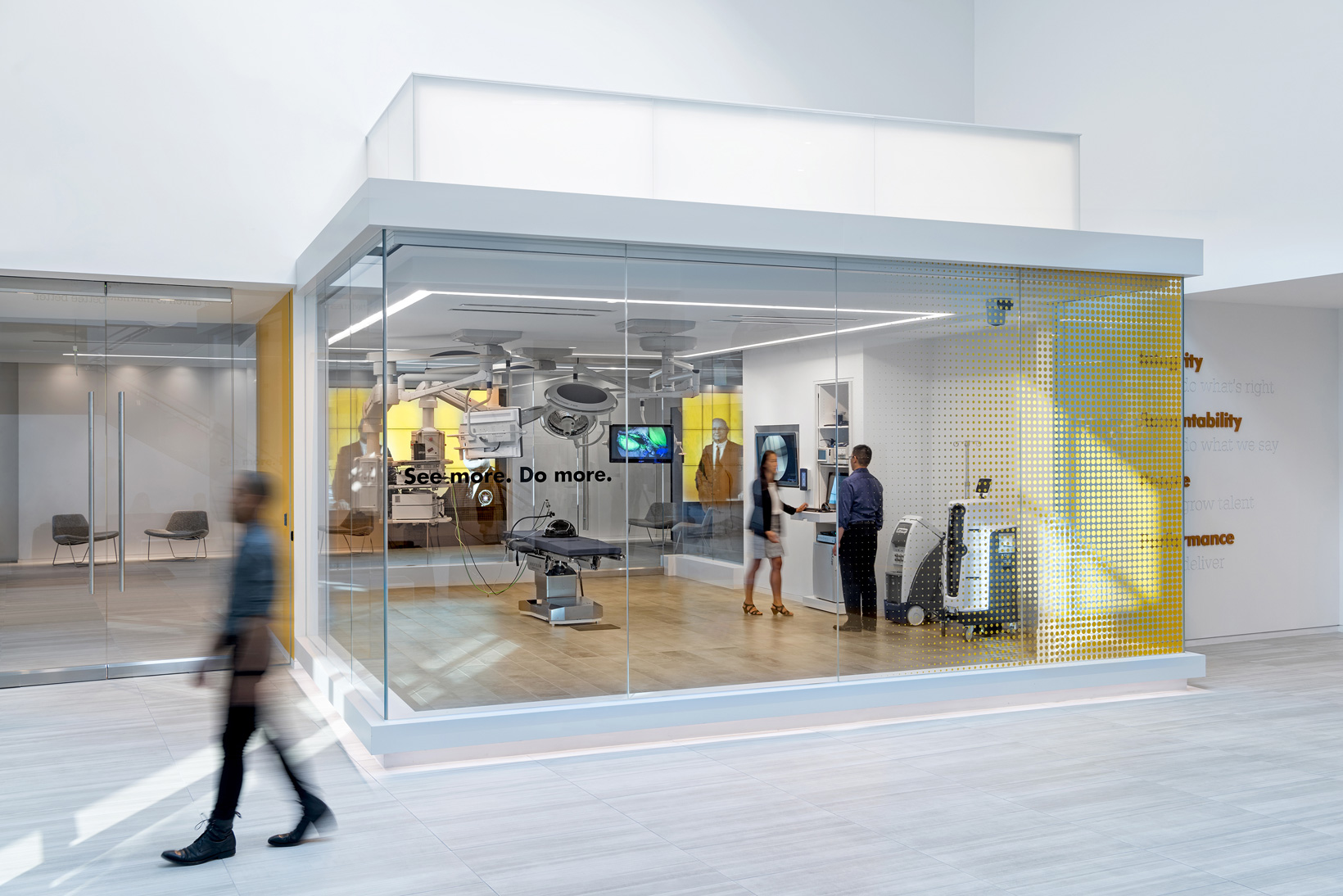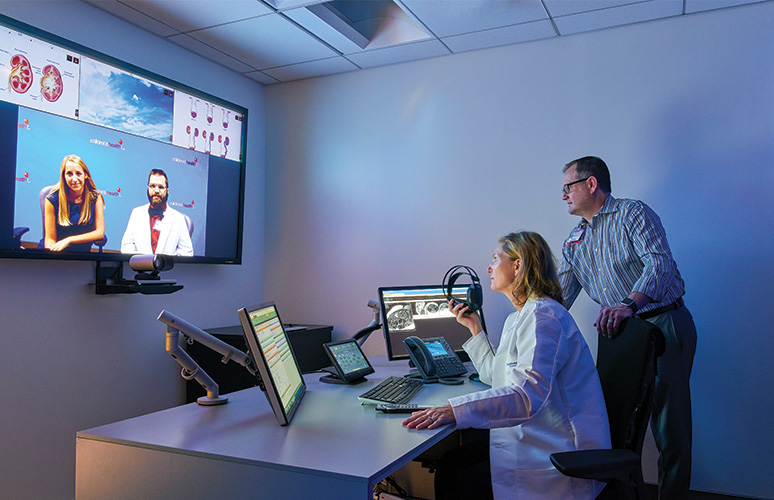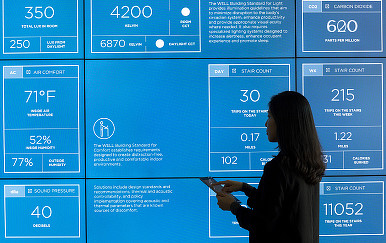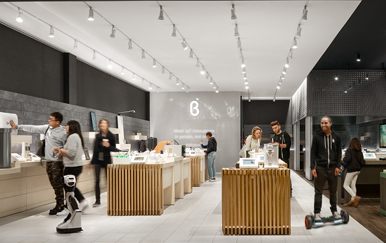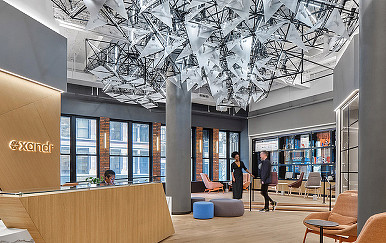Under economic pressures and policies shaped by a different era, hospitals have spent recent decades running lean and “hot” — stretching capacity and limiting service. This has left hospital facilities ill-prepared to adapt and flex as needed during moments of acute need, like COVID-19. How might hospitals scale up quickly? In the immediate term, it may mean creatively repurposing under-used spaces, including old hospital wings, outpatient facilities, and parking lots, like Gensler client Newton-Wellesley hospital in Massachusetts. In the future, modular hospital construction, which is already widely in use in China, will allow hospitals to scale up even faster. Insights from a hospital’s “digital twin” can also inform rapid redesigns and expansions, allowing clinicians and designers to simulate features and programming before implementing them.
